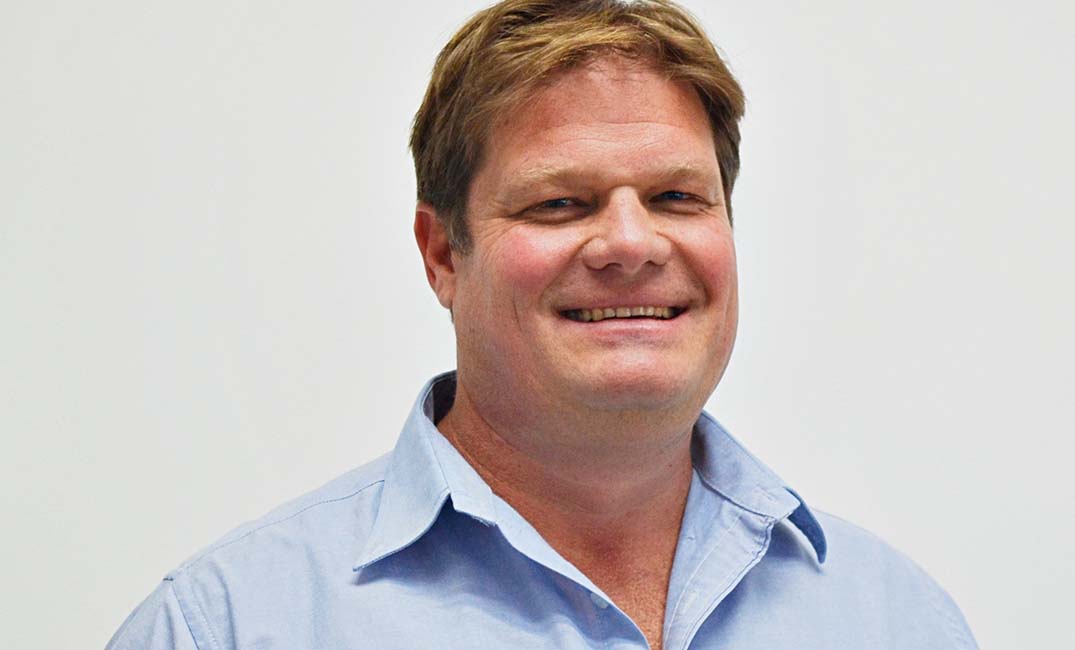South Africans might not realise it, but we are sitting on value when it comes to our old electronics.
And by discarding unwanted technology, we are part of a silent e-waste crisis affecting our country and the world, writes Colin Williamson, CEO of Regener8 Group.
E-waste is defined as any kind of old tech with a plug. That includes your broken fridge, that iPhone 4 sitting in your drawer, and your company’s old computers, laptops and tablets in storage.
Unlike fast fashion pollution, which is now widely recognised as a major environmental issue, e-waste is still hardly known about or discussed. However, the reality is that e-waste is currently the world’s fastest growing waste stream.
A shocking statistic is that globally we produce five-times more e-waste than is formally recycled and repurposed, amounting to about 62-million tonnes a year. That’s equivalent to 4 500 Eiffel Towers or a herd of over 10-million African elephants.
In South Africa, there is simply not enough data being collected about the true scope of this issue. This is an untapped opportunity, as repurposing e-waste can hold real economic benefits for local businesses and the public, while also helping the environment.
As a ‘recommerce’ company, we are helping to build the circular economy in South Africa. That is, we collect, used, unwanted and obsolete tech through our ethical trade-in and buy-back solutions. Where possible, the devices are fixed and resold through a network of resellers. To close the loop, anything that can’t be reused goes to our partners that responsibly recycle the e-waste.
So why is old tech more valuable than we think? If it’s traded immediately, cash value is at its peak and can be put towards purchasing a new device. Furthermore, the old device can be put into the hands of someone else, making tech more accessible for South Africans. There are documented examples of what a smartphone can do in Africa by supporting small businesses and micro-entrepreneurship.
Most electronics and mobile device retailers and brands are currently offering great trade-in and buy-back solutions to customers, but there is still a way to go to normalise trade-in programmes, which have economic benefits for brands, retailers, and most of all consumers.
Samsung, for example, was the first in South Africa to make trade-in a cornerstone offering of their consumer approach. Other brands and retailers are now following suit.
Outside of retail, many South African businesses are writing off the value of their tech, without realising that they can trade in their electronics to get some money back. This is capital that can then be reinvested into the business.
In the case of businesses such as banks, which prioritise data security, there’s been the unfortunate practice of mass destroying devices. This is not only expensive but also a major source of e-waste. Again, there is a better way. Reputable recommerce companies, such as Regener8, can offer certified data wiping services, which means any information on the device is fully erased.
Looking at other fast-developing countries like China and Vietnam that are facing grave environmental fallout, we should be asking ourselves what we can do differently in South Africa. Because it is possible for us to create a thriving and sustainable economy: namely a circular one.
The responsibility to create awareness and a culture of properly managing our e-waste lies in the hands of those with the will and the means to do it.
For the public there are many options available, such as taking full advantage of trade-in programmes, considering second-hand tech as a viable option, and encouraging your employers to manage e-waste smartly.
There are also municipal recycling collectors that offer e-waste recycling, and e-waste drop-off points via local government initiatives. Certain retailers, such as Makro, offer e-waste collections at stores nationwide.
In today’s world, there is the opportunity to own the latest tech while still being a conscious consumer. By being a part of the circular economy, you are helping to create a new reality for e-waste in South Africa, where economic opportunity and sustainability can go hand in hand.

